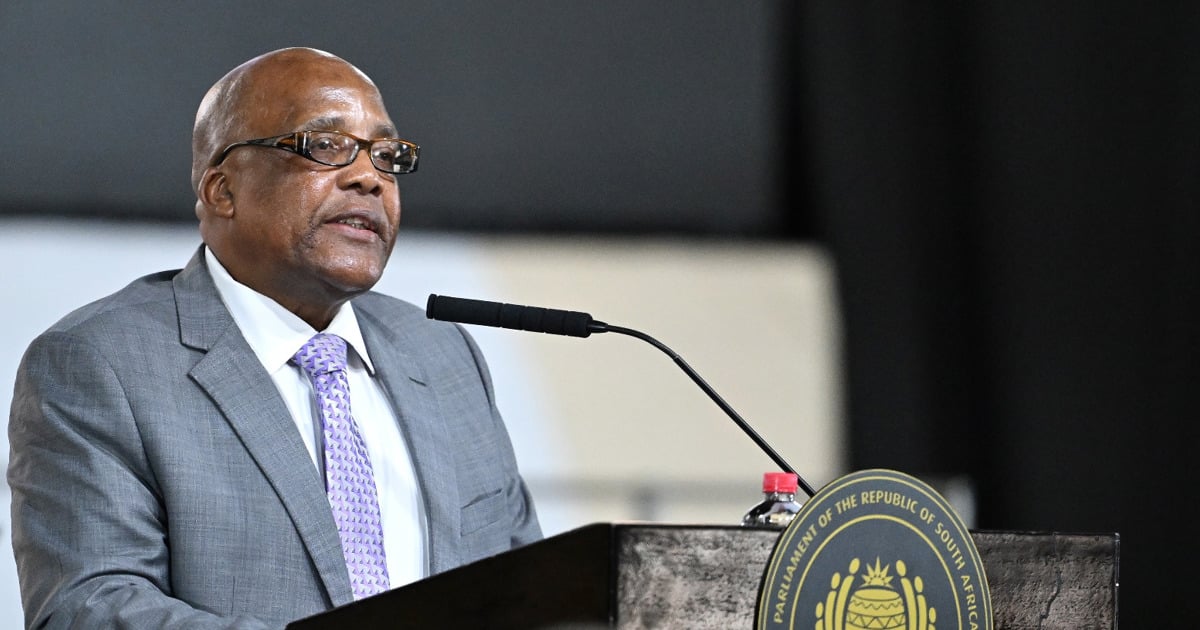Hawley and Murkowski Back Tax Cuts at the Expense of Healthcare Access, Critics Charge

The recent passage of the tax bill has sparked controversy, with critics pointing fingers at Senators Josh Hawley and Lisa Murkowski for allegedly prioritizing tax breaks for wealthy individuals over the accessibility of healthcare for everyday Americans. The accusations center around claims that the bill's provisions will lead to cuts in crucial healthcare programs, ultimately benefiting billionaire donors.
Just days after President Donald Trump celebrated the signing of what he called a “big, beautiful bill,” Senator Hawley seemingly avoided discussing the tax law’s widely publicized benefits. Instead, concerns have arisen regarding the potential impact on healthcare, particularly for vulnerable populations.
The Core of the Criticism: Healthcare Cuts and Tax Windfalls
Opponents argue that the tax legislation, while lauded by Republicans as a boon for the economy, contains provisions that will inevitably lead to reductions in funding for essential healthcare services. These cuts, they contend, are a direct consequence of prioritizing tax cuts for corporations and high-income earners.
“This vote is a clear demonstration of where these Senators’ priorities lie,” stated a spokesperson for a leading healthcare advocacy group. “Instead of ensuring that all Americans have access to quality, affordable healthcare, they’ve chosen to deliver tax breaks to their billionaire friends.”
Hawley's Silence and Murkowski's Position
Senator Hawley’s reluctance to promote the tax bill's benefits has fueled speculation. Instead of highlighting potential economic gains, he has remained largely silent on the issue, a silence that critics interpret as an admission of the bill’s potential downsides.
Senator Murkowski, while often considered a moderate voice within the Republican party, also voted in favor of the bill. Her supporters maintain that she acted in the best interests of her constituents and the state of Alaska, arguing that the tax cuts will stimulate economic growth and create jobs. However, critics counter that the long-term consequences for healthcare access outweigh any short-term economic benefits.
Impact on Healthcare Programs: A Looming Threat
The potential impact on healthcare programs remains a significant concern. Experts warn that the bill’s provisions could lead to cuts in funding for programs like Medicare and Medicaid, impacting millions of Americans who rely on these services for essential healthcare coverage. Furthermore, the erosion of the Affordable Care Act (ACA), which was partially rolled back by this legislation, could leave even more individuals without access to affordable health insurance.
The Political Fallout
The controversy surrounding the tax bill and its potential impact on healthcare is likely to intensify in the coming months. Democrats are already using the issue to attack Republicans, accusing them of being beholden to wealthy donors and indifferent to the needs of ordinary Americans. The debate is expected to play a central role in the upcoming midterm elections.
The accusations against Senators Hawley and Murkowski highlight a growing divide in American politics over the role of government in providing healthcare and the fairness of the tax system. As the debate continues, the future of healthcare access in the United States remains uncertain.






